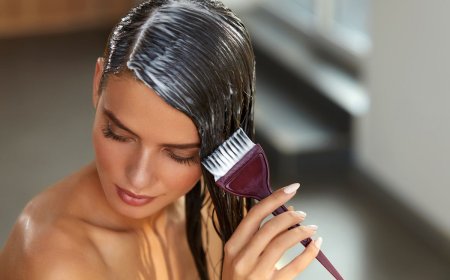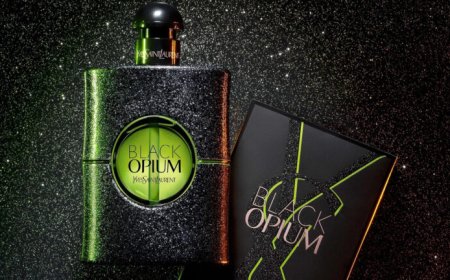Does Salt Water Really Help Acne? The Science Behind the Myth
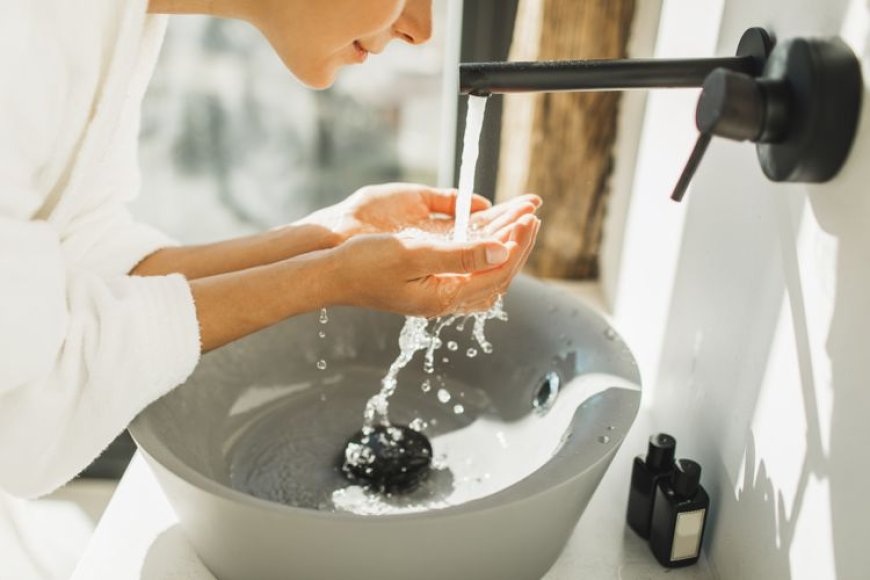
Acne is a multifaceted skin condition that affects individuals worldwide, manifesting at any age but predominantly in adolescents and young adults. Commonly viewed as a mere cosmetic nuisance, its psychosocial implications are profound, leading to anxiety and diminished quality of life. Various treatments exist, yet there is a persistent curiosity surrounding the efficacy of unconventional remedies such as salt water. This examination delves into the science behind the assertion that salt water can ameliorate acne, scrutinizing both its purported benefits and underlying fallacies.
Understanding acne necessitates a brief overview of its pathophysiology. The condition arises from a confluence of factors, including hormonal fluctuations, excess sebum production, and the proliferation of Propionibacterium acnes on the skin's surface. This process culminates in the obstruction of hair follicles, resulting in the formation of comedones, papules, and pustules. Given this complex etiology, it is essential to approach potential treatments with a critical gaze, particularly those rooted in anecdotal evidence.
Salt, primarily composed of sodium chloride, is ubiquitous in both culinary and medicinal applications. Its desiccating properties are widely recognized; however, the rationale that these properties extend to treating acne merits scrutiny. Some proponents argue that salt water may reduce oiliness and inhibit bacterial growth, thereby elucidating a pathway to clearer skin.
The Mechanism of Action: Does Salt Water Affect Acne Pathways?
At a superficial level, the logic behind using salt water to combat acne appears cogent. Salt, through its osmotic properties, has the ability to draw moisture out of cells. This mechanism theoretically reduces the oiliness of the skin, possibly making it less hospitable to the bacteria responsible for acne. It is also posited that salt water, being antimicrobial, could hinder the growth of P. acnes, thereby mitigating inflammation and lesion formation. However, this narrative oversimplifies the intricate biochemistry at play.
Research indicates that while salt does exhibit antibacterial properties in controlled environments, its effectiveness on human skin is contentious. The skin's microbiome plays a crucial role in maintaining homeostasis; indiscriminately applying salt water could disrupt this delicate balance. Such disruption may lead to dysbiosis, a condition where beneficial bacteria are outcompeted by pathogens, potentially exacerbating the very condition one seeks to remedy.
Moreover, the concentration of salt in typical saline solutions is a critical factor. Hypertonic saline concentrations have been documented to possess cytotoxic effects on certain bacterial cells; however, these concentrations are significantly higher than those found in ocean water or homemade salt solutions. Therefore, the efficacy in a clinical context becomes questionable.
Exploring Alternative Perspectives: The Role of Additional Factors
While salt water is often heralded for its hypothetical benefits, the discourse must incorporate the complexity of acne’s etiology. The therapeutic landscape is not solely determined by localized treatments; systemic factors such as diet, hormonal status, and psychological health far outweigh the influence of salt water exposure. In fact, empirical studies have indicated associations between high-glycemic diets and the exacerbation of acne symptoms. This correlation stresses the importance of a holistic approach to treatment rather than reliance on singular, superficial remedies.
Furthermore, the role of stress in acne formation cannot be understated. Cortisol, the hormone released during stress, is known to exacerbate acne, promoting oil production and inflammatory responses. Interventions aimed at stress reduction, such as mindfulness practices or cognitive-behavioral therapies, could yield more substantial benefits in managing acne than salt water ever could.
Potential Risks and Considerations: Is Salt Water a Double-Edged Sword?
While salt water may seem innocuous or even beneficial, its application is not without risks. Applying salt directly to the skin can promote irritation and dryness, leading to an increased risk of epidermal damage and secondary infections. Individuals with sensitive skin or compromised barrier function may find that salt exacerbates redness and discomfort, ultimately countering any potential benefits.
Additionally, the habit of employing salt water as a primary treatment may engender a false sense of security. Patients might neglect evidence-based treatments such as topical retinoids, benzoyl peroxide, or systemic therapies that have been proven effective through rigorous clinical trials. This reliance on salt water may result in untreated or worsening acne, which could have lasting effects on dermal health and self-esteem.
In Search of Scientific Validation: The Current Literature
Current dermatological literature offers scant empirical support for the use of salt water as a treatment modality for acne. A review of studies exploring alternative acne treatments reveals a trend towards evidence-based practices. These studies predominantly highlight the importance of pharmaceuticals and progressive treatment modalities tailored to individual patient profiles. Clinical trials that encompass salt water application are notably absent, underscoring the need for critical examination of such home remedies.
There is an ethical imperative to direct patients towards treatments with substantial scientific backing. The dermatological community emphasizes the importance of comprehensive skin care regimens, incorporating cleansing, moisturizing, and medicated components. Allowing the myth surrounding salt water to persist detracts from the advancements made in acne treatment, a field that continues to evolve with ongoing research.
Final Thoughts: A Call for Discernment
In conclusion, the allure of using salt water to combat acne stems from its widespread availability and the mystique of natural remedies. However, a thorough examination of the evidence indicates that while salt may provide some superficial benefits, it lacks the robust backing needed to be considered an effective acne treatment. Acne is a complex condition best approached through evidence-based practices, incorporating systemic assessment and tailored therapeutic strategies. Ultimately, a discerning approach, appreciating the nuances of dermatological science, will yield the most favorable outcomes for those grappling with this pervasive skin concern.
What's Your Reaction?
 Like
0
Like
0
 Dislike
0
Dislike
0
 Love
0
Love
0
 Funny
0
Funny
0
 Angry
0
Angry
0
 Sad
0
Sad
0
 Wow
0
Wow
0

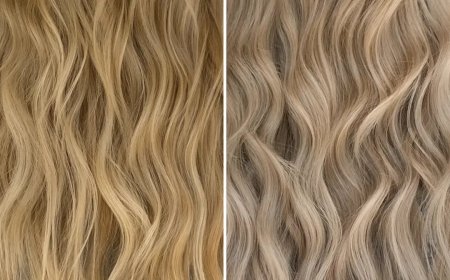
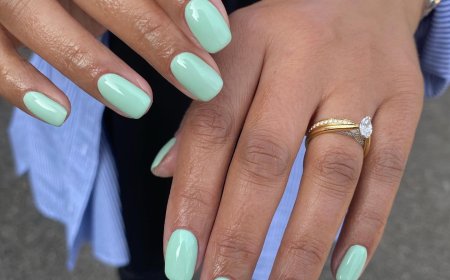


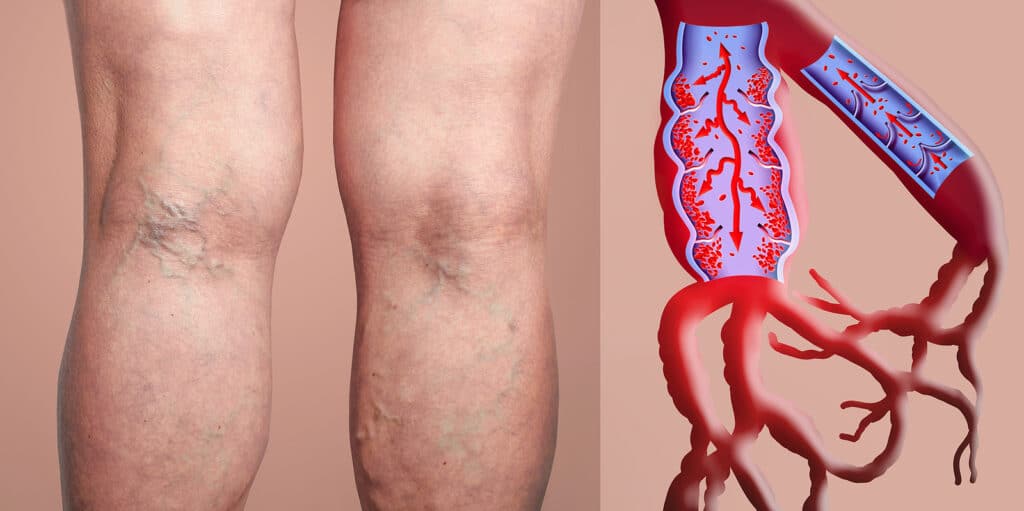

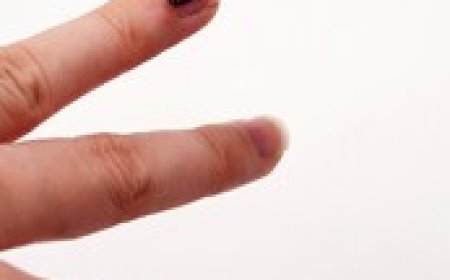
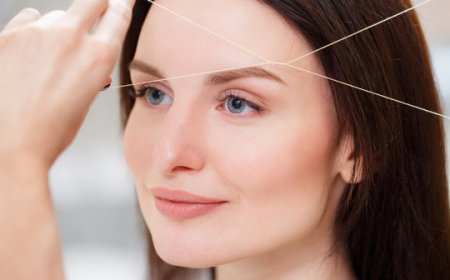
:max_bytes(150000):strip_icc()/drugstore-retinol-creams-tout-f76b9d2796e34eaa8376801c83fb1888.jpg)
